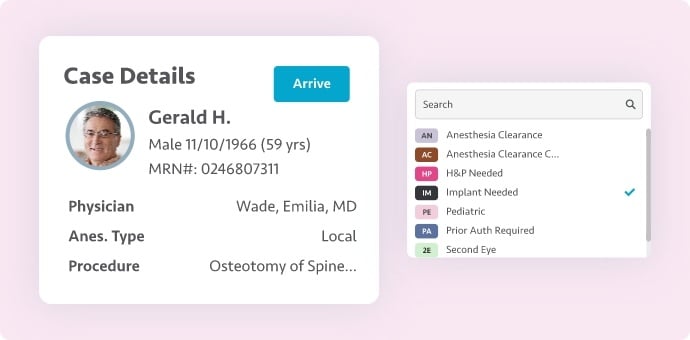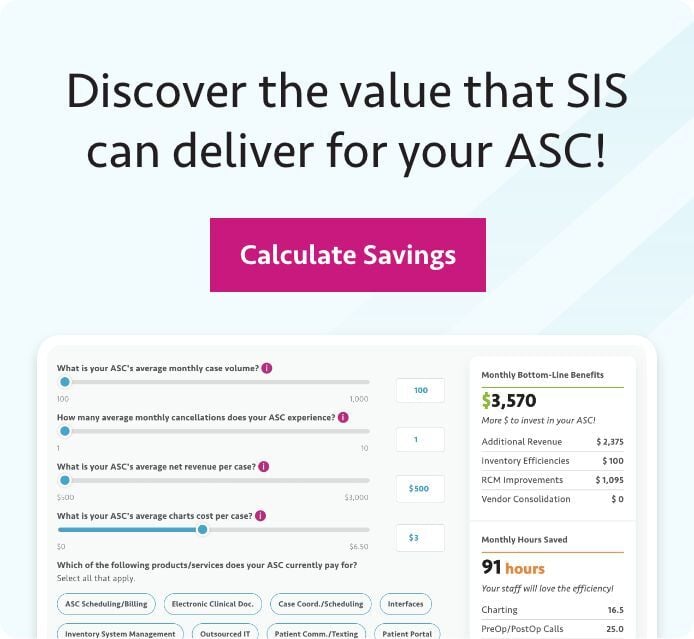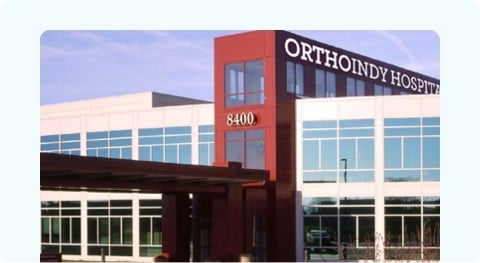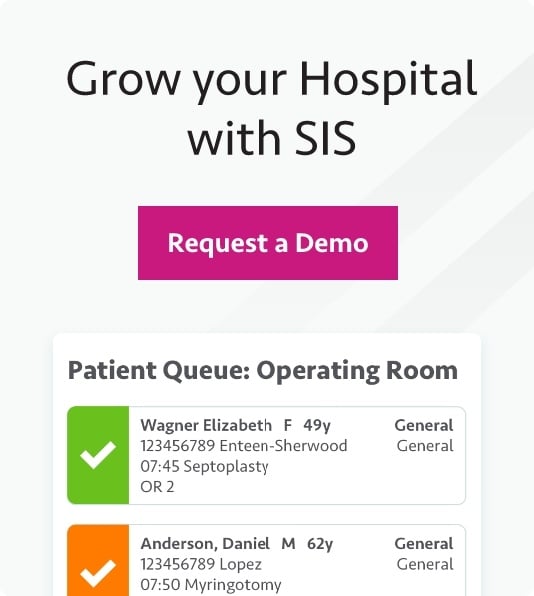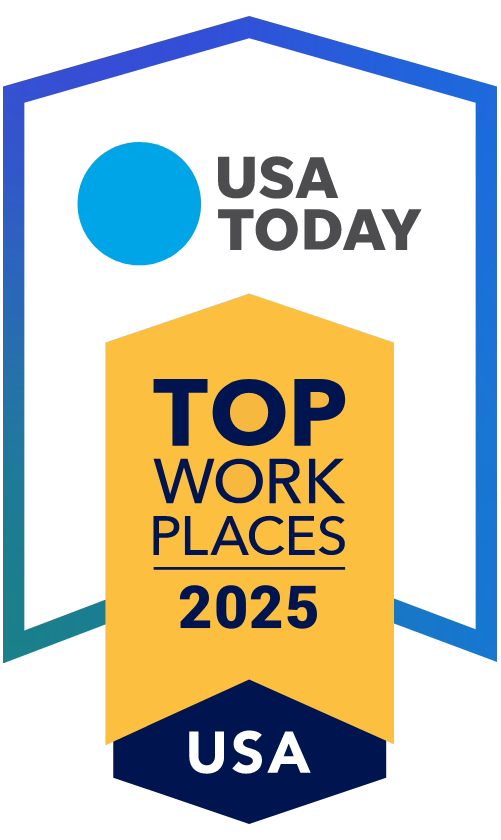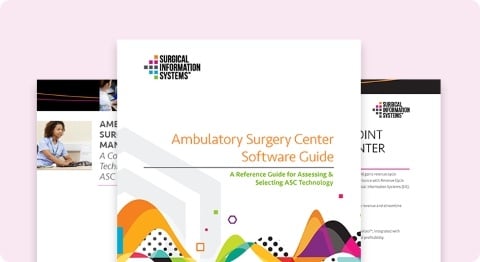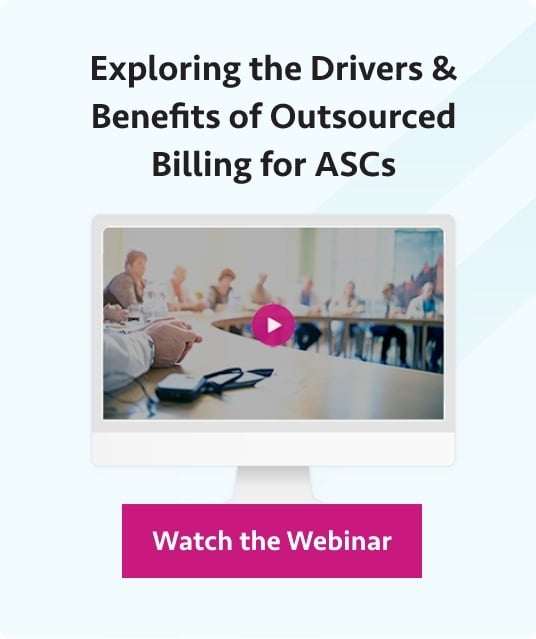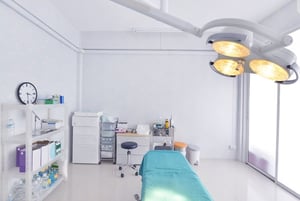Q&A with Maia Kunkel, manager of government affairs at the Ambulatory Surgery Center Association (ASCA), discussing the importance of National ASC Month.
Surgical Information Systems had the opportunity to speak with Maia Kunkel, manager of government affairs at the Ambulatory Surgery Center Association (ASCA), about several topics concerning National ASC Month and ASCA's advocacy efforts.
Q: Why is National ASC Month important?
Maia Kunkel: National ASC Month provides the opportunity for all ASC supporters to celebrate the many benefits ASCs offer their communities and their patients. It also reminds everyone who owns or works in an ASC of the need to educate their elected and appointed officials about the important services and top-quality care ASCs provide. National ASC Month coincides with Congress's long recess and allows the opportunity to meet with and voice your opinion to lawmakers during their district work period and hopefully enlist their support for the future.
Q: How can ASCs help recognize National ASC Month?
MK: First, we recommend that every ASC confirm they are an ASCA member. ASCA is the only national organization dedicated to representing the interests of ASCs of every specialty in Washington, DC. We also work hand-in-hand with the state ASC associations to make certain that there is a coordinated network of ASC advocates across the country dedicated to improving patient access to care in ASCs.
Additionally, individual ASCs can host facility tours for their lawmakers. Too many lawmakers remain uninformed about the high-quality, lower-cost care that surgery centers provide for their constituents. ASCs that meet with and build relationships with their elected officials benefit the entire surgery center community. ASC advocates can also write letters to help garner further support for crucial ASC legislation like the "Outpatient Surgery Quality and Access Act of 2023" (H.R. 972/S. 312). ASCA has created template letters to make outreach to members of Congress a quick and easy process and simple way for individual surgery center supporters to make their voice heard.
Other ways to get involved are to use social media to raise awareness of ASCs and to talk to members of the media about how surgery centers cut cost without compromising quality. More information, banners to use on social media, and ways to participate are available on ASCA's website.
Q: What is ASCA doing to advocate for ASCs?
MK: ASCA works year-round to track, respond to, and advocate with policymakers on Capitol Hill and across the country who are considering legislation that could impact surgery centers and their patients. We meet regularly with Centers for Medicare & Medicaid Services (CMS) staff to discuss everything from payment policies and procedures on the ASC covered procedures list to quality reporting and the most effective ways for ASCs to comply with the Conditions for Coverage.
ASCA also works with other regulatory agencies, healthcare organizations, and private insurers whenever issues that affect ASCs are being considered. This year alone, we successfully derailed a proposal in Congress that would have required ASCs to provide cost reports, convinced a large private insurer not to implement a prior authorization policy that ASC physicians opposed, and convinced CMS to continue to update ASC payments for now using the hospital market basket — an important step in aligning the ASC and hospital outpatient department (HOPD) payment systems.
Q: If an ASC hopes to arrange a site visit by a local legislator or elected official, what should it do?
MK: ASCA members can contact me directly at mkunkel@ascassociation.org. ASCA's facility tour program helps facilitate tours for lawmakers at every level. ASCA staff provide materials, support, and the outreach required to conduct a facility tour. We encourage all ASCs to host facility tours for their members of Congress and their staff.
Q: What can ASCs do throughout the year to help support the industry?
MK: When it comes to advocacy, there is strength in numbers, so individual ASCs should be sure they are members of ASCA and their state ASC associations. Then, they should watch out for any communications about pending legislation that would benefit ASCs, proposed policies that threaten surgery centers' ability to provide care, and long-term strategies designed to encourage policy changes that help ASCs and their patients.
As needed, someone who owns or works in an ASC can make phone calls, write letters, provide data, or even provide testimony to help legislators understand the ways ASCs contribute to their communities and the changes needed to support patient access. By advocating for the ASC community, ASC supporters ensure that their representatives keep the best interests of surgery centers and their patients in mind when they consider policy changes in the future.




